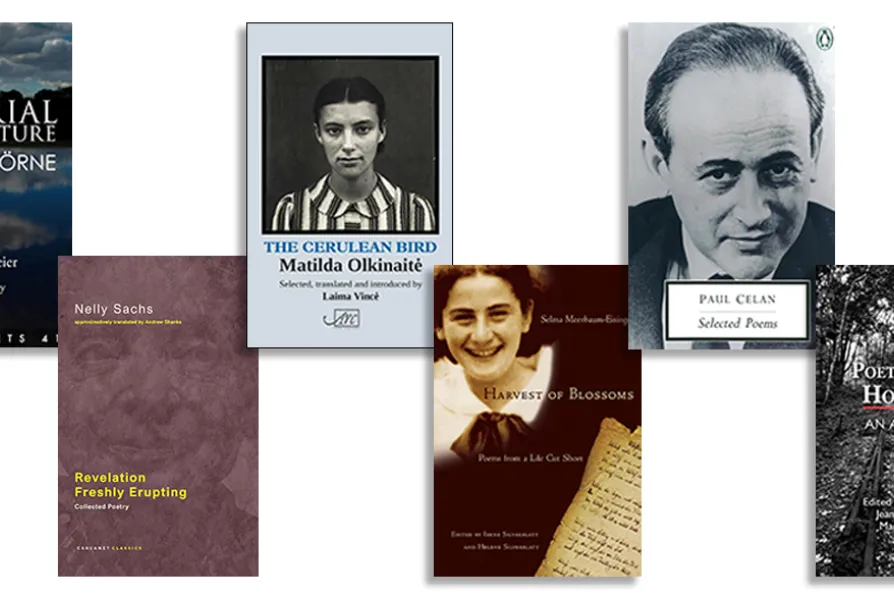SIMON PARSONS applauds an original, visual and movement-based take on the birth and death of a relationship
Understanding Genocide
JEAN BOASE-BEIER introduces some of the poetry that help us to understand genocides past and present


ON Holocaust Memorial Day we remember the victims of the Nazi Holocaust in 1940s Europe and all those affected by later genocides.
I believe that reading poetry is an important way to commemorate these victims because it is such a personal form.
Similar stories

On the centenary of the birth of the anti-colonial thinker and activist Frantz Fanon, JENNY FARRELL assesses his enduring influence

Following his death a month ago, DENNIS WALDER assesses the achievement of the playwright who developed his work in the townships

DUNCAN GARROW introduces a remarkable Iron Age discovery in Yorkshire that reveals ancient Britons’ connections with Europe

JOHN FOOT welcomes a depiction of the fascist dictator’s rise to power that points the finger of blame at his enablers










